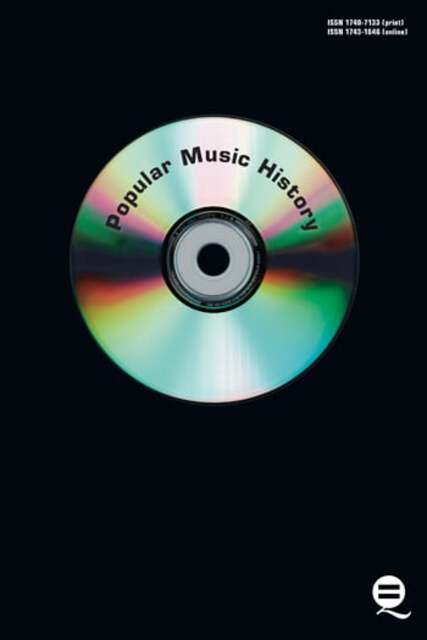PMH/Scottish indie music and BBC radio’s Beat Patrol (1995–2000)

Full description
This essay investigates music radio consumption and how it relates to local popular music production. The study focuses on one specialist weekly music programme, Beat Patrol, presented in several formats by Peter Easton at BBC Radio Scotland from 1984 to 2000, and the ways in which a very specific segment of that show’s audience (in this case, indie musicians) make sense of that show. Firstly, it offered an independent measurement of the bands’ critical success and status in relation to local, regional and national music scenes. The show therefore contributed directly to the acquisition of cultural and social capital for musicians at an early stage of their careers. Secondly, Beat Patrol provided a powerful tool with which bands were able to evaluate both the technical and aesthetic qualities of their recordings in relation to their peers and to artists whose work they admired. The use of this comparative tool suggests that specialist music radio was central to the development of indie musicians’ notions of good’ and ‘bad’ creative and technical characteristics of their own music.
- typeImage
- created on
- file formatjpg
- file size11 KB
- container titlePopular Music History
- creatorJ Percival
- issn1743-1646 (Online)
- issue4.1
- publisherEquinox Publishing Ltd.
- publisher placeSheffield, United Kingdom
- rights holderEquinox Publishing Ltd.
- doi
We use cookies to analyze our traffic. Please decide if you are willing to accept cookies from our website. You can change this setting anytime in Privacy Settings.
